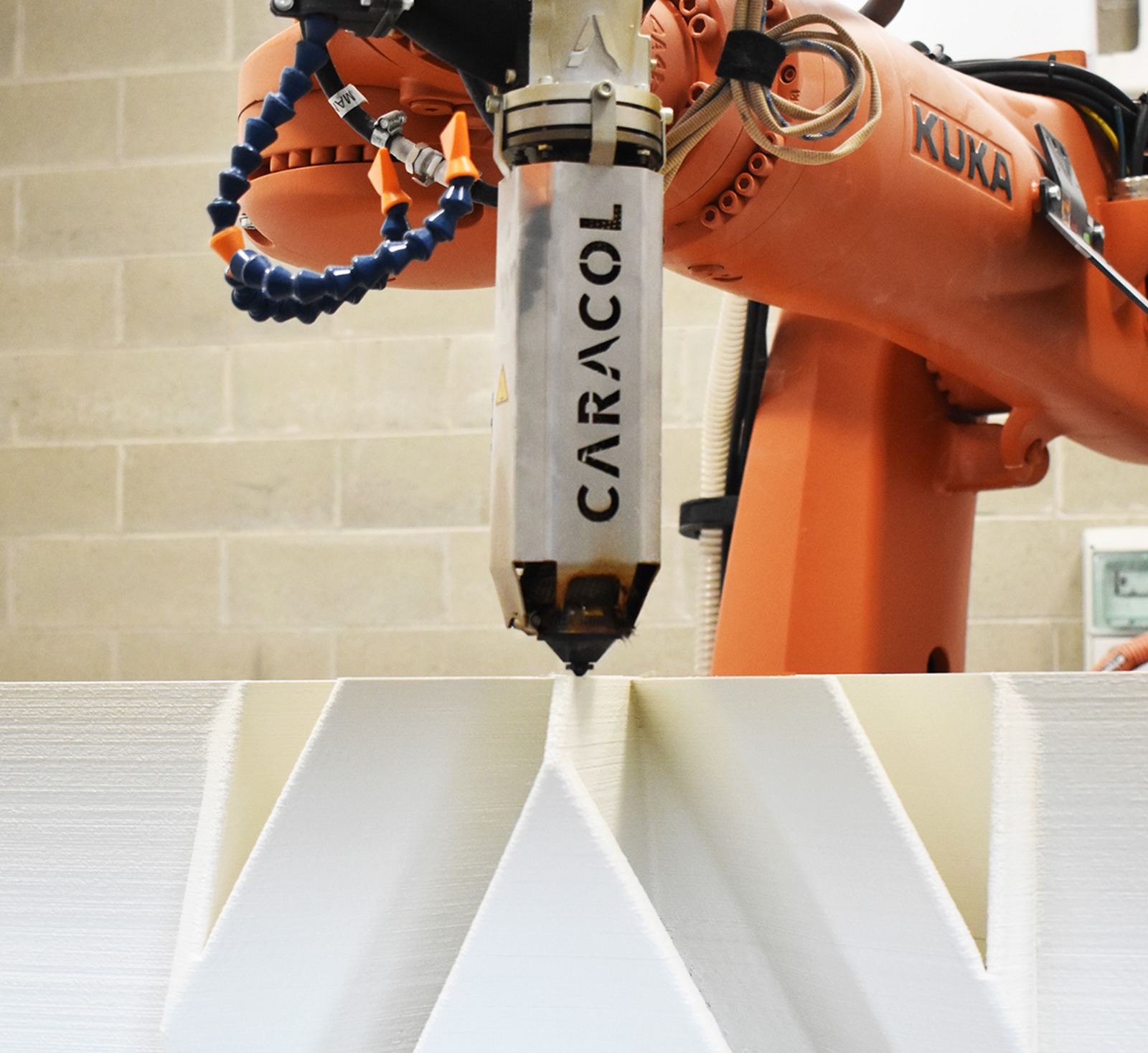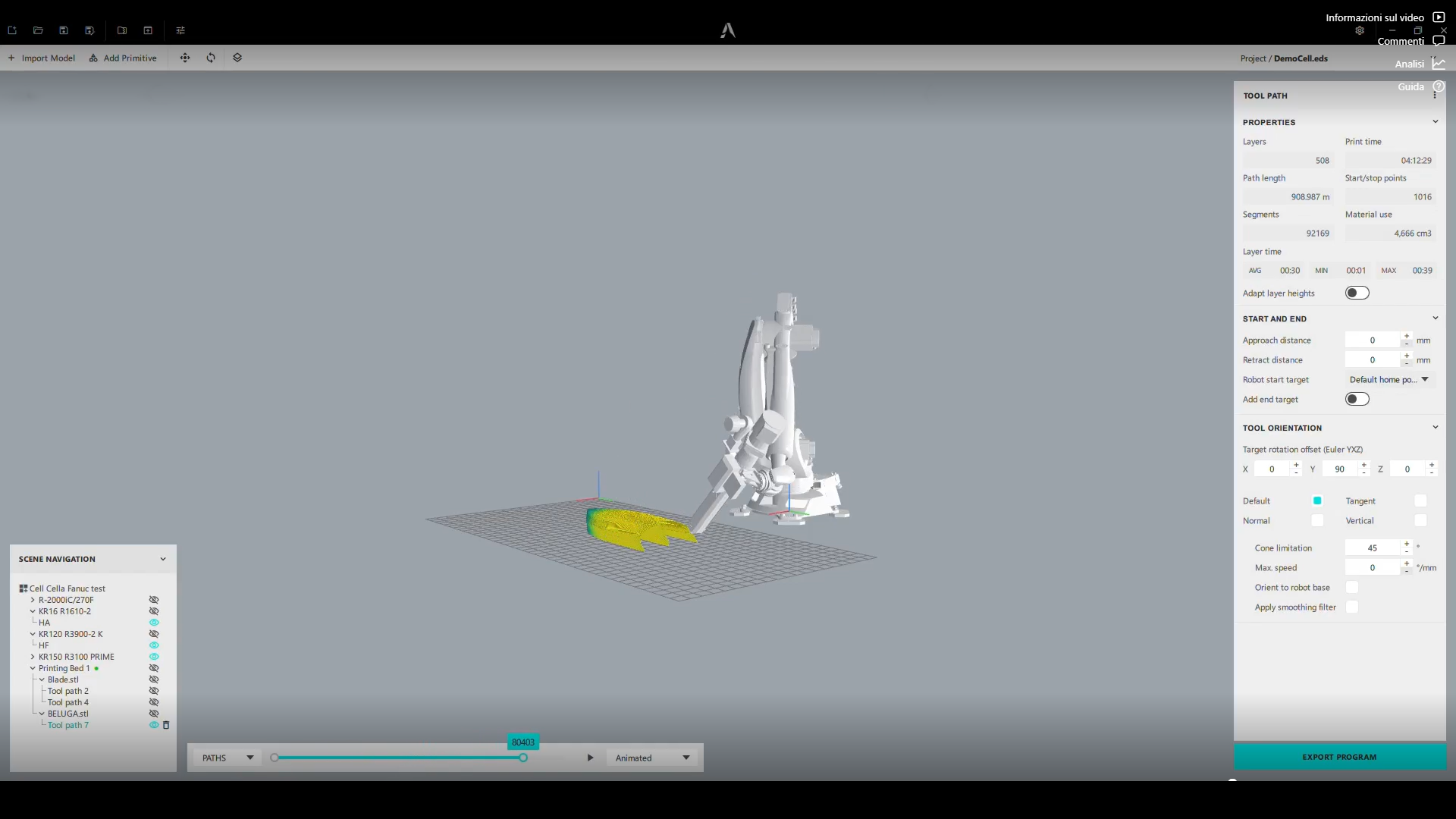3D PRINTING MATERIALS FOR INDUSTRIAL APPLICATIONS
Caracol's systems are designed to process a wide range of materials, thoroughly tested
thoroughly tested and qualified for direct, continuous printing. From advanced polymers and composites to recycled materials made from recycled waste or end-of-life parts.
Selection of 3D printing materials with a careful qualification process.
Caracol always strives to provide its customers with answers to their production needs, from technology to materials. The Caracol team works to provide the most reliable and highest quality solutions.
Additive manufacturing materials for flexible and efficient cross-industry
parts production
Caracol's MATERIAL LAB is constantly working to expand the range of qualified materials that can be processed with its systems, always pushing the boundaries of what is possible. We study mechanical, thermal and chemical properties to provide the best options on the market for our customers' applications, and we undergo careful quality controls with our suppliers to ensure reliable and repeatable production.
THERMOPLASTIC 3D PRINTING FOR INDUSTRIAL APPLICATIONS
The best industrial-grade 3D printing plastics and composites for Caracol's Heron AM LFAM platform.
Advanced polymers developed for Caracol systems for large-format additive manufacturing.
Caracol works with its in-house material laboratories and material partners to develop and qualify new polymers for additive manufacturing for the FGF (Fused Granular Fabrication) process. These include high-temperature materials that are suitable for applications in extreme
environments such as autoclave production cycles and have been tested to ensure efficient production, superior engineering properties and minimization of cost and waste. Every day, Caracol works to identify new thermoplastic 3D printing materials that meet customers' specific application requirements and to help develop customized compositions when needed.


